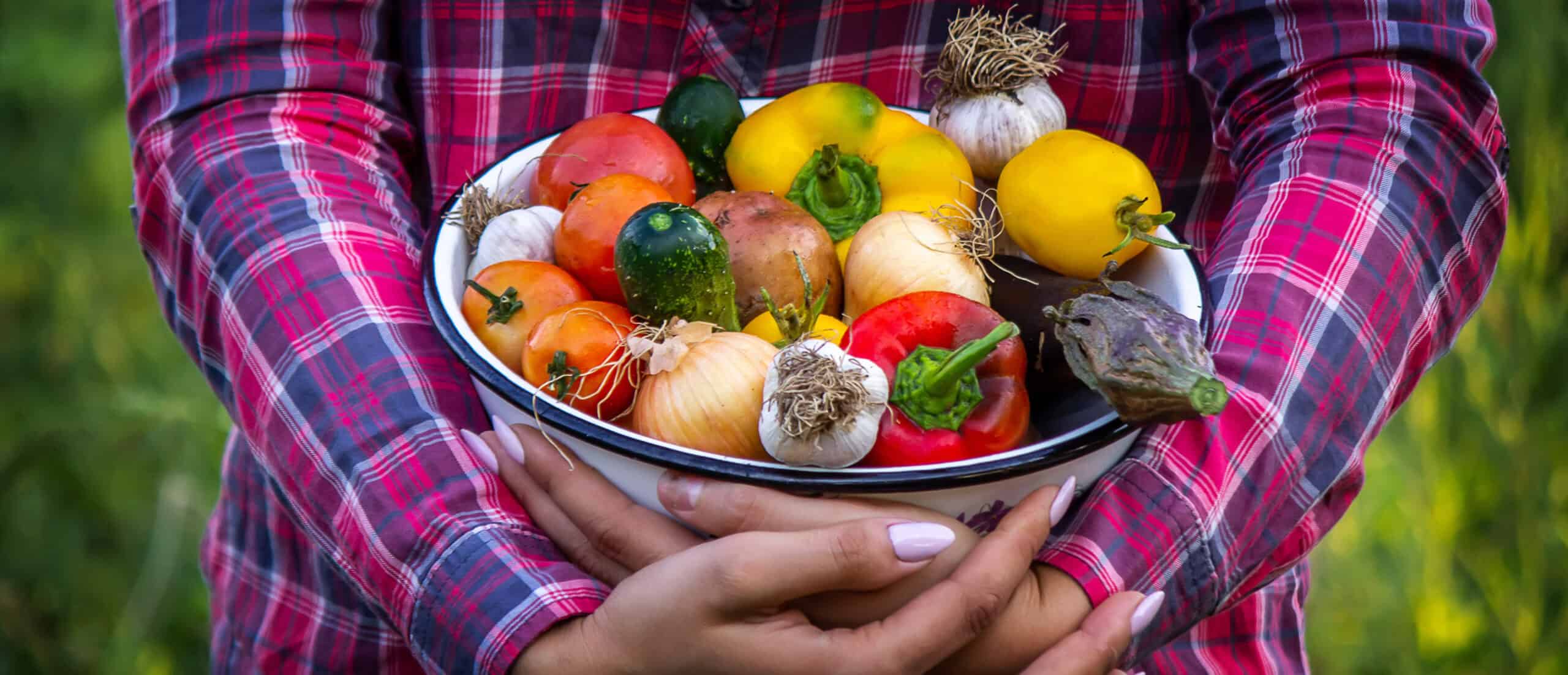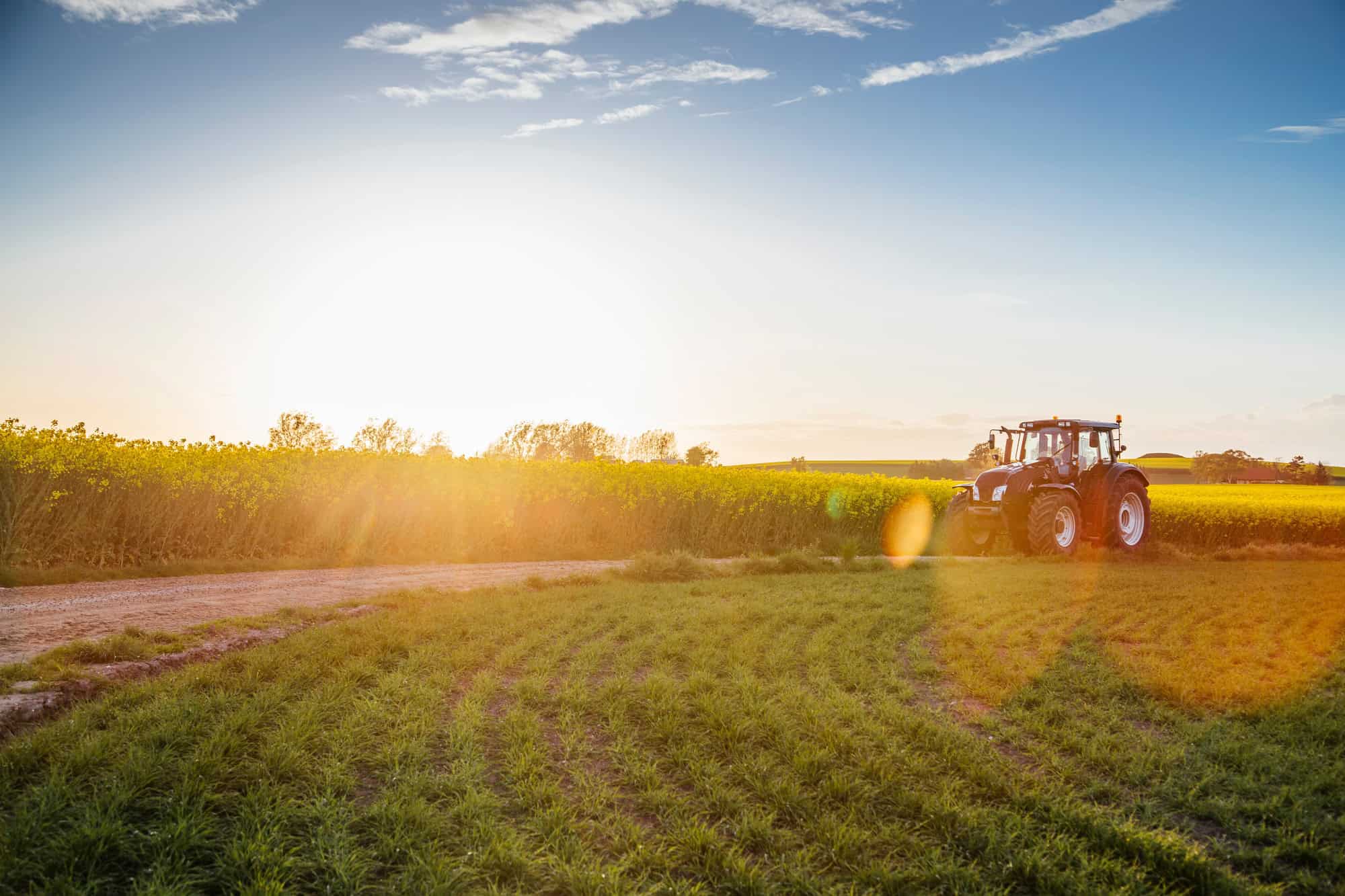

Advocating for Colorado Farmers
Farming is a tough and often thankless job. Farmers are tough people who proudly dedicate their lives to feeding the world. Yet even they have their limits. A barrage of modern-day challenges threaten to drive many operations out of business. At the same time, lawmakers, often with the best intentions, are developing policies and regulations that deepen the challenges farmers face.
The U.S. Department of Agriculture (USDA) released alarming data that impacts all Americans in February 2024 as part of its Census of Agriculture. The United States lost 141,733 farms between 2017 and 2022. In Colorado, we lost 2,837 farms or 7% of all operations during this five-year period. Lest readers assume the data is due to consolidation—big farms buying little farms—the data also show a loss of 20 million U.S. farm acres between 2017 and 2022.
The Colorado Fruit and Vegetable Growers Association (CFVGA) advocates on behalf of this vital economic sector to preserve our farming communities and our access to affordable local produce.
In the News
Our Priorities
LABOR & PRODUCTION
Ensuring farmers are not forced to bear unsustainable costs arising from new regulations around labor and production.
WATER
Ensuring water use regulations and the allocation of water continue to support farmers and the food they grow for the state.
PESTICIDES
Ensuring new pesticide regulations do not impede the ability of farmers to protect their crops from native and invasive pests while being good stewards to pollinators across Colorado.
FOOD SAFETY
Ensuring new laws do not impede the ability of growers to produce safe, healthy food that complies with the U.S. Food Safety Modernization Act.
ENERGY
Ensuring growers can access reasonably-priced energy to operate their farms.
Summary of the 2024 Colorado Legislative Session
For a sense of how legislation affects farmers and the work we do to advocate on their behalf, here is a summary of the 74th General Assembly, which adjourned on May 8, 2024.
- DEFEATED House Bill 1178, which would have granted local governments authority to regulate pesticides in a more stringent manner than the State, including the ability to ban certain pesticides. We anticipate a similar bill to arise in 2025, so we will advocate for our coalition to proactively propose legislation in 2025 that alleviates the concerns of local governments without creating a patchwork of regulation across the state.
- PASSED HB24-1369, which authorized the creation of a special Colorado agriculture license plate. Fees from the sale of this license plate will fund marketing programs designed to help consumers, restaurants, and retailers identify and purchase Colorado agricultural products.
- COMPROMISED on a new permitting process for dredge and fill activities in HB24-1379. While CFVGA supports the protection of Colorado’s wetland and riparian ecosystems and the waters that flow through them, we successfully carved out critical exemptions for agriculture.
- PASSED SB24-137, which requires that uncertified potato seed stock be tested and approved by the certifying authority of Colorado before planting. This law protects Colorado’s potato crop from the introduction of diseases or other issues by uncertified seed stock.
- MONITORED several pieces of air quality legislation that would have compromised the agricultural industry. Ultimately, none of these bills passed.
- EDUCATED our members and the public regarding the impact of bills under consideration as well as bills that passed in prior legislative sessions.
What can you do to support our farmers?
The 75th General Assembly will start on January 8, 2025, and Colorado’s farmers will depend on your advocacy through both sessions, so mark your calendars. Your legislators may change in the upcoming general election, so check back before January to know who you need to reach out to.
In the meantime, please subscribe for updates on the issues we’re facing and to read impact stories from the farmers we represent. Reach out if you have any questions about what a bill means for farmers and where we stand on it. And don’t forget to buy local to support our hard-working agricultural communities!
